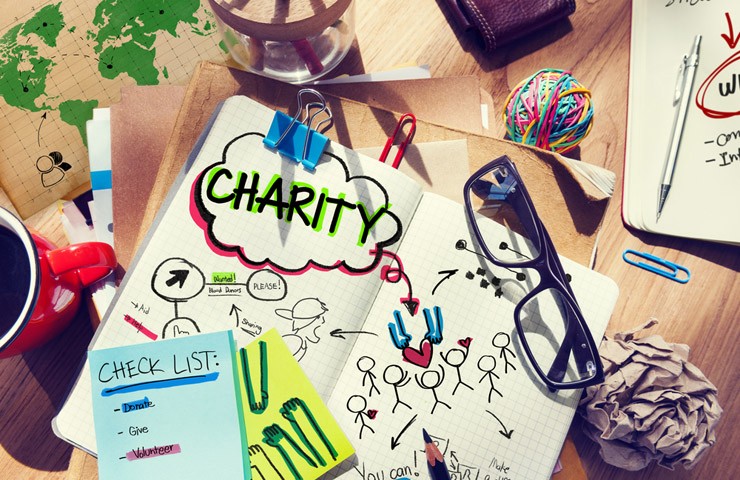
We spend money on stuff that makes us ‘happy,’ even if momentarily. But then happiness isn’t known to last forever, is it?

Remember how many times you’ve been told that you cannot buy happiness, that it’s a priceless entity. But allow me to say, you can!
Remember the time you bought presents for your family when you got your first salary, and they all cheered? Or, when you a friend who had just bought a car treated you at your favourite restaurant around? It meant so much to you, didn’t it?
Haven’t you ever received a ‘surprise gift,’ as they say, of the latest lawn collection that you wouldn’t have the money to buy on your own? The happiness of a girl wearing designer lehenga on her wedding day is unmistakable. That, even when you know that a fortune was spent on the dress that you might never get to wear again in your lifetime.
We spend money on stuff that makes us ‘happy,’ even if momentarily. But then happiness isn’t known to last forever, is it? So, why worry too much?
Also, do you remember the time you gave some of the burger and fries you were having at a drive-thru, to a beggar who pleaded he hadn’t had food in hours? Or, when you gave away a nice dress to your house maid, because it was Eid, and it literally made her day?
Well, the deed, to my mind, would assume a greater significance if you bought her a new jora. Or, if you had the means, you could sponsor the education of a poor kid. You’d feel so good, to say the least.
I remember feeling truly blessed when I shared my favourite pizza with the rickshaw driver, on my way back home recently. And I may come across as a show-off if I say that I loved the feeling when an old, homeless lady kissed on my cheek because I tried to help her with some money.
We all experience moments like these, at some point in our lives. These moments happened because you were able to do little acts of charity (of course, ‘philanthropy’ would be too pompous a word for it!). And, sure, that ready bit of money in your pocket came in handy.
Culturally speaking, donations as well as volunteering services for the less advantaged is the desired behaviour, associated with gratifying consequences. But the benefits of any charitable givings don’t necessarily pertain to the receiver; you too end up feeling contented every single time.
In a book that they co-authored, American research scholar Stephen Post and novelist Jill Niemark comment on why good things happen to good people (that is also the title of the book). They say that feelings of compassion, benevolence and kindness leaves less room for negative emotions in the heart of the giver. There is science in it: Biology tells us that when people give to charity, the mesolimbic pathway, the part of the brain responsible for our feelings of reward, is triggered. The brain also releases feel-good chemicals and spurs you on to perform more of such kind acts -- something the psychologists call "helper’s high." It acts as a mood booster.
Harris Bhatti, a filmmaker, social activist, and initiator of ‘Deewar-e-Meharbani’ (the Wall of Kindness) in Lahore says, "Helping someone out gives you an eternal inner peace."